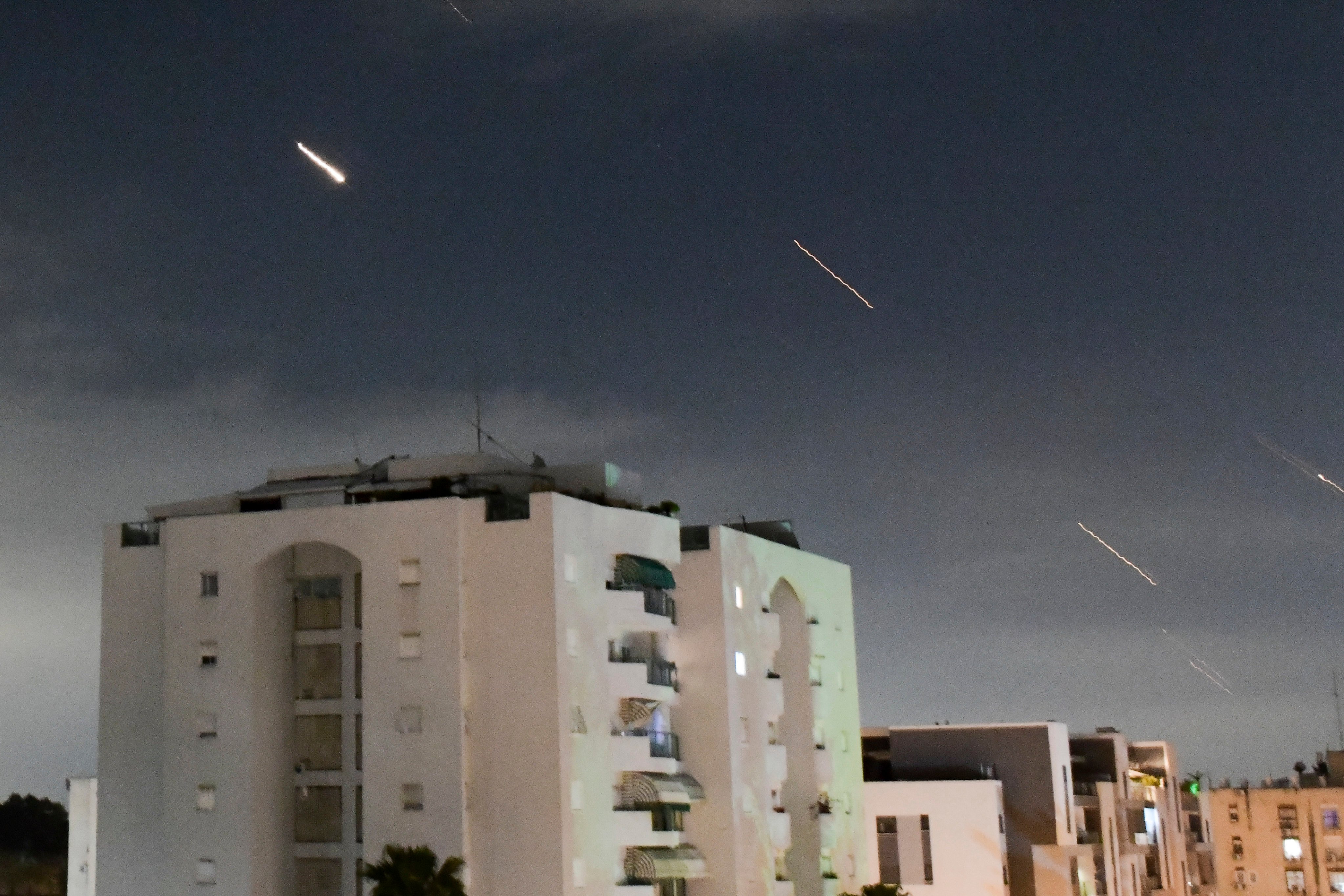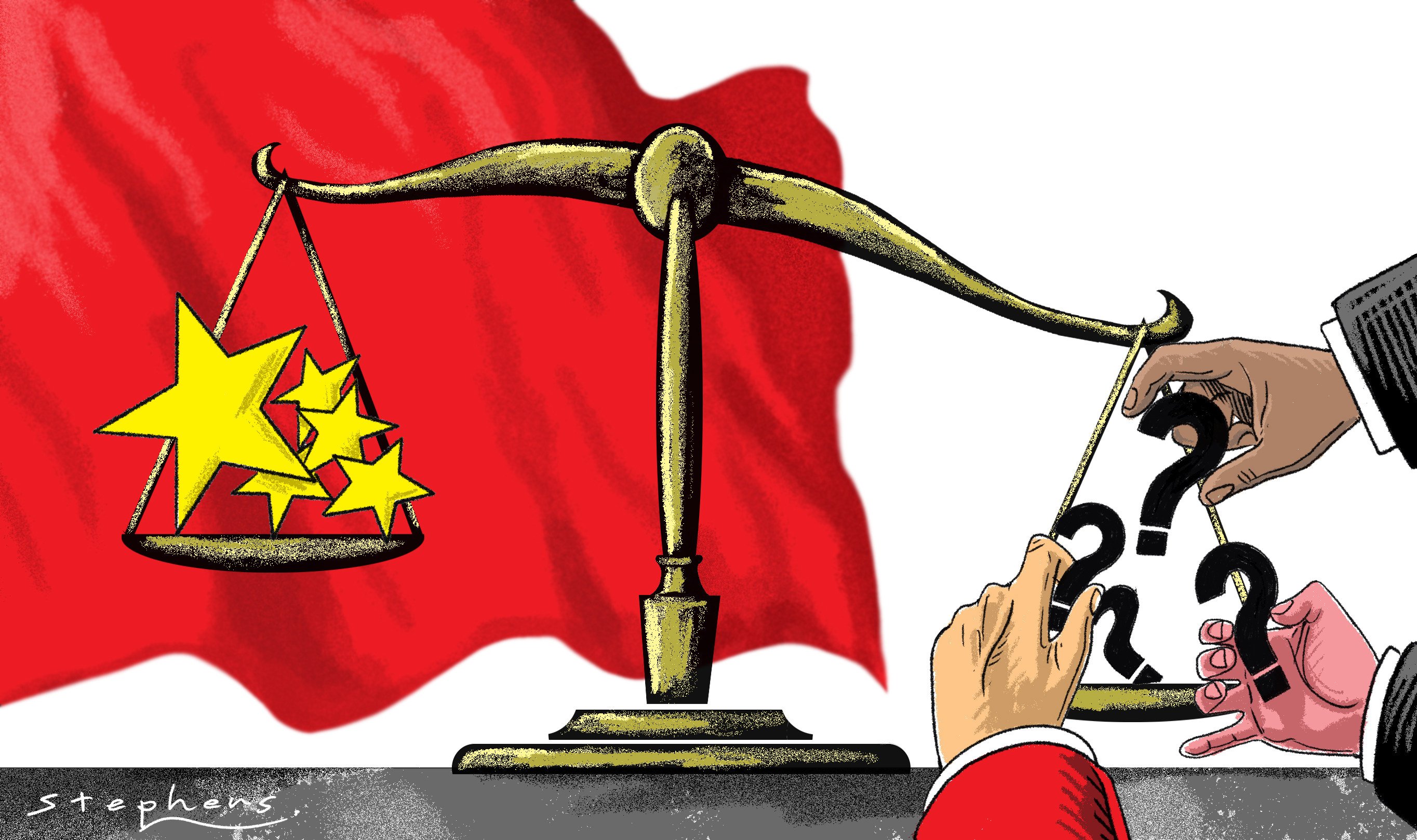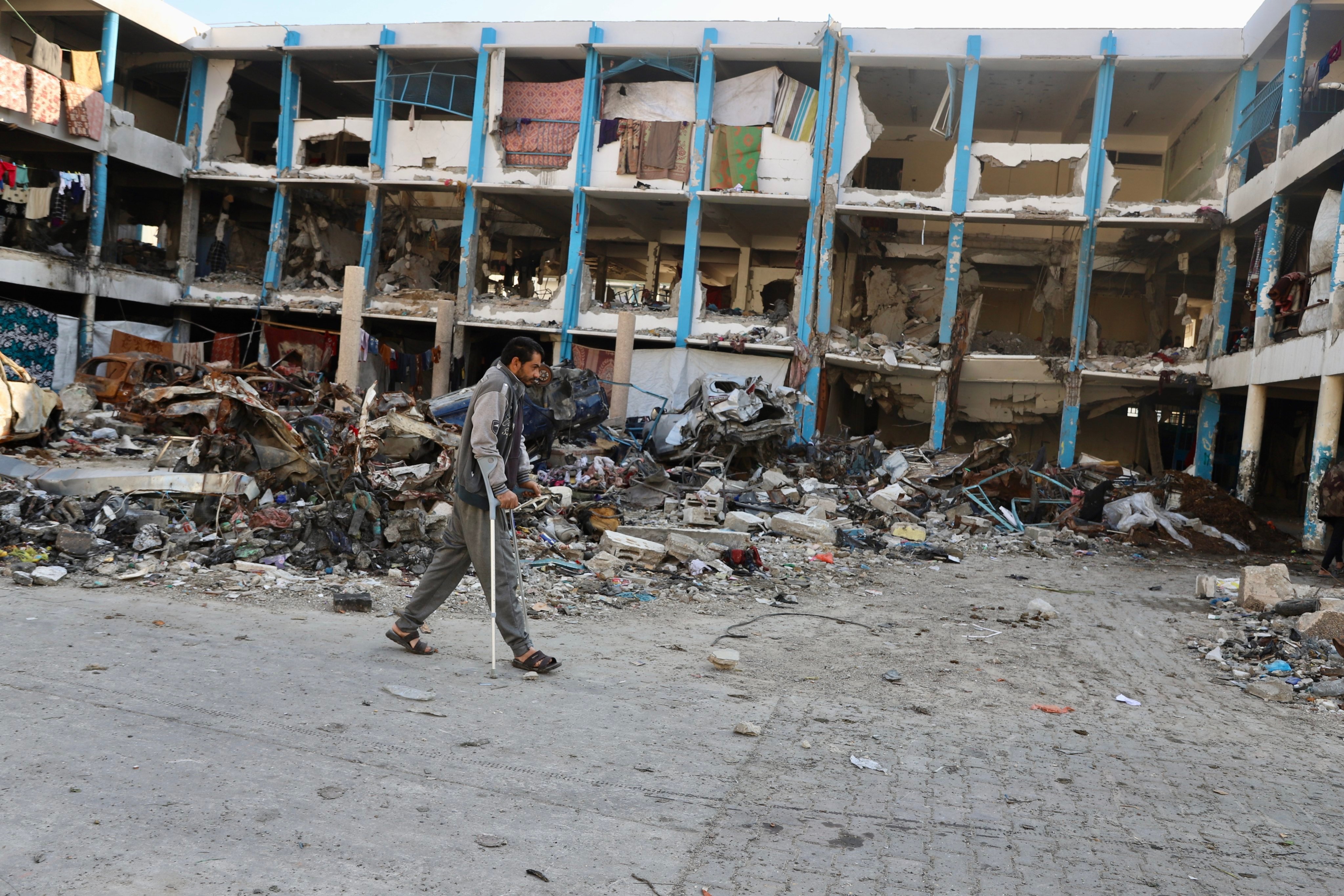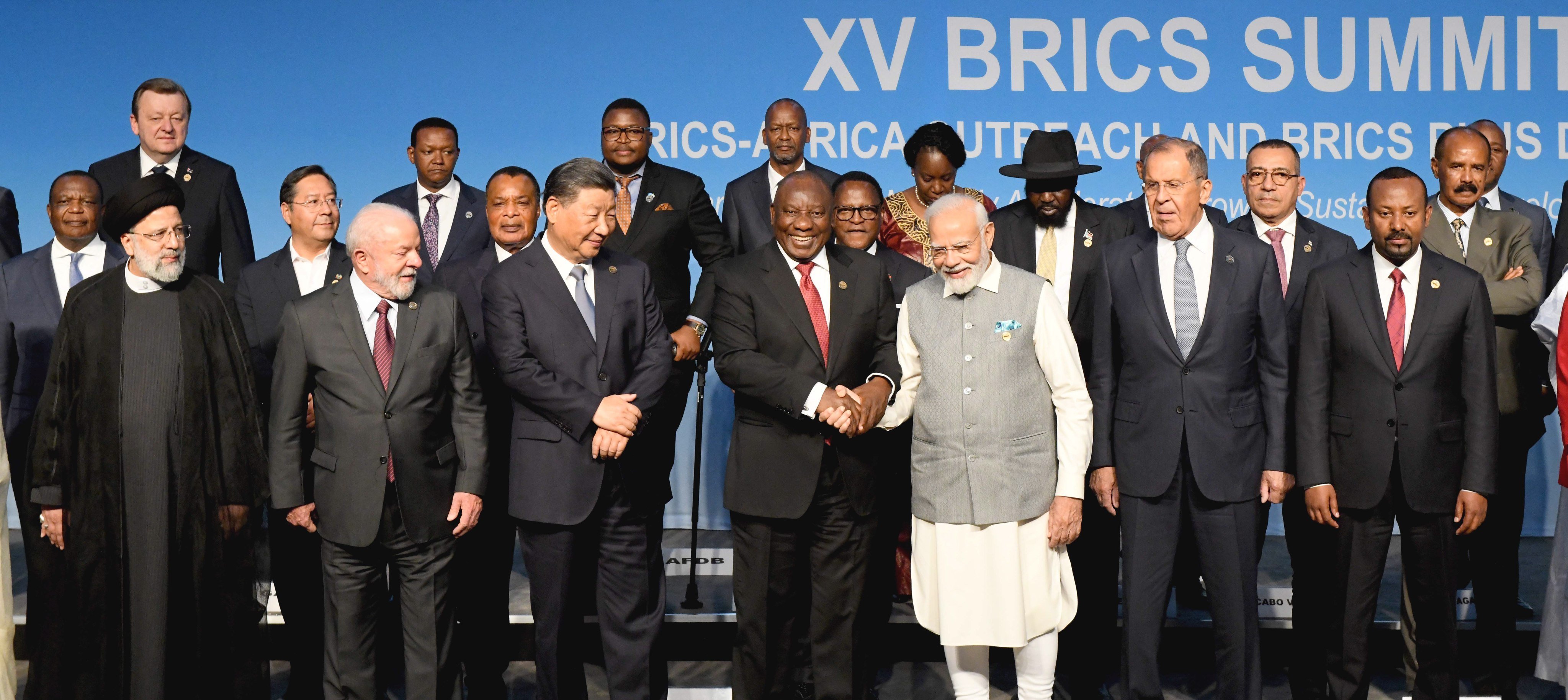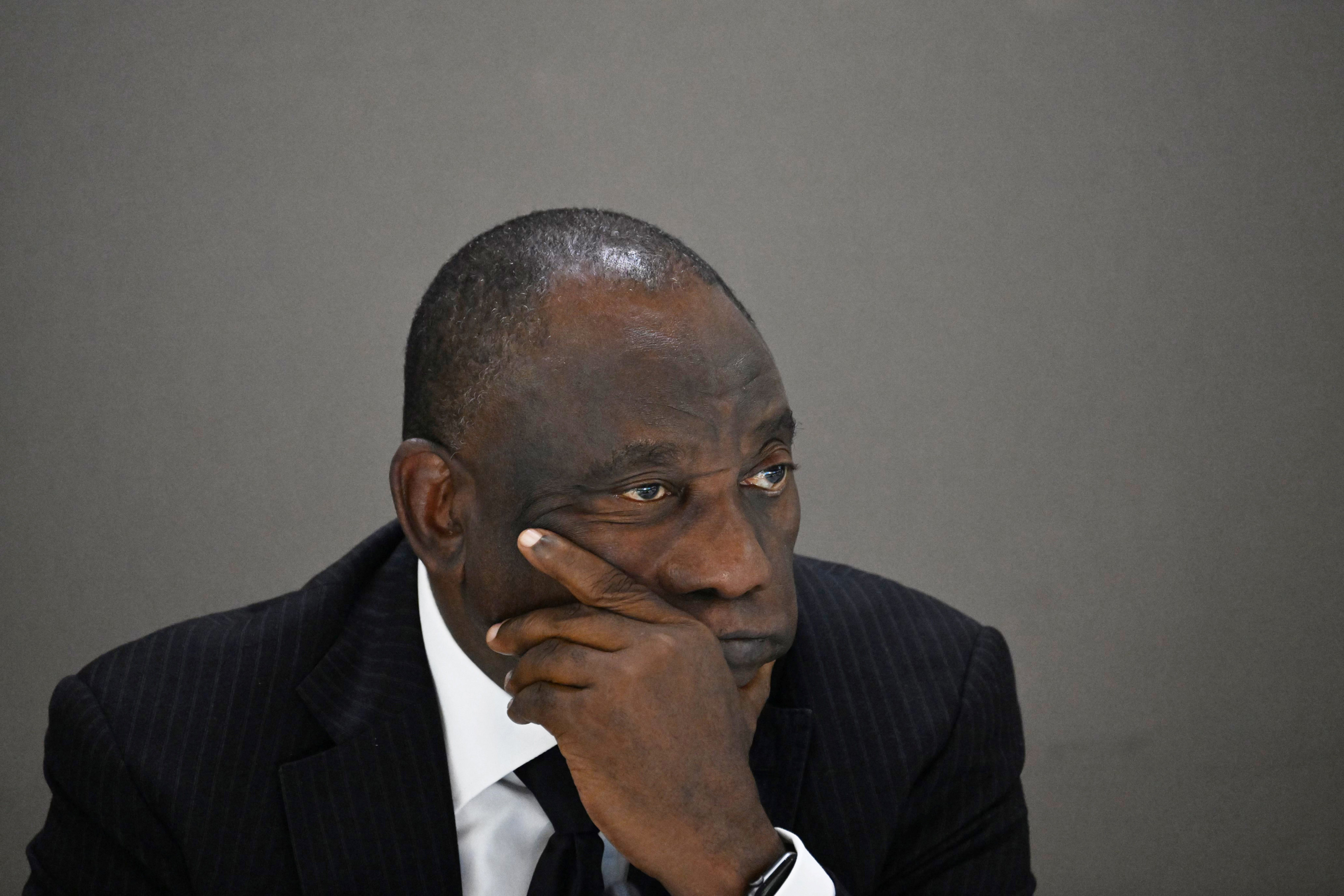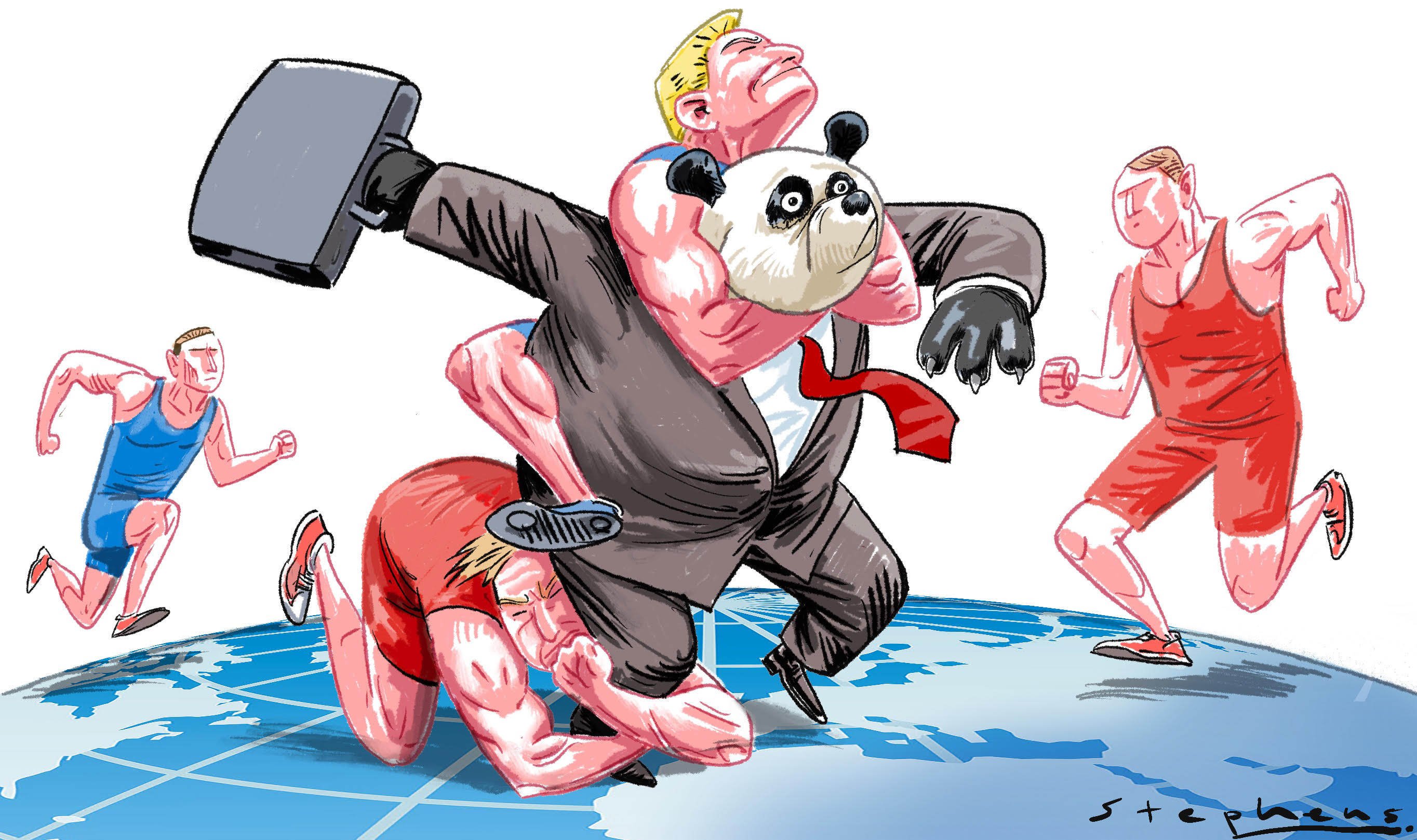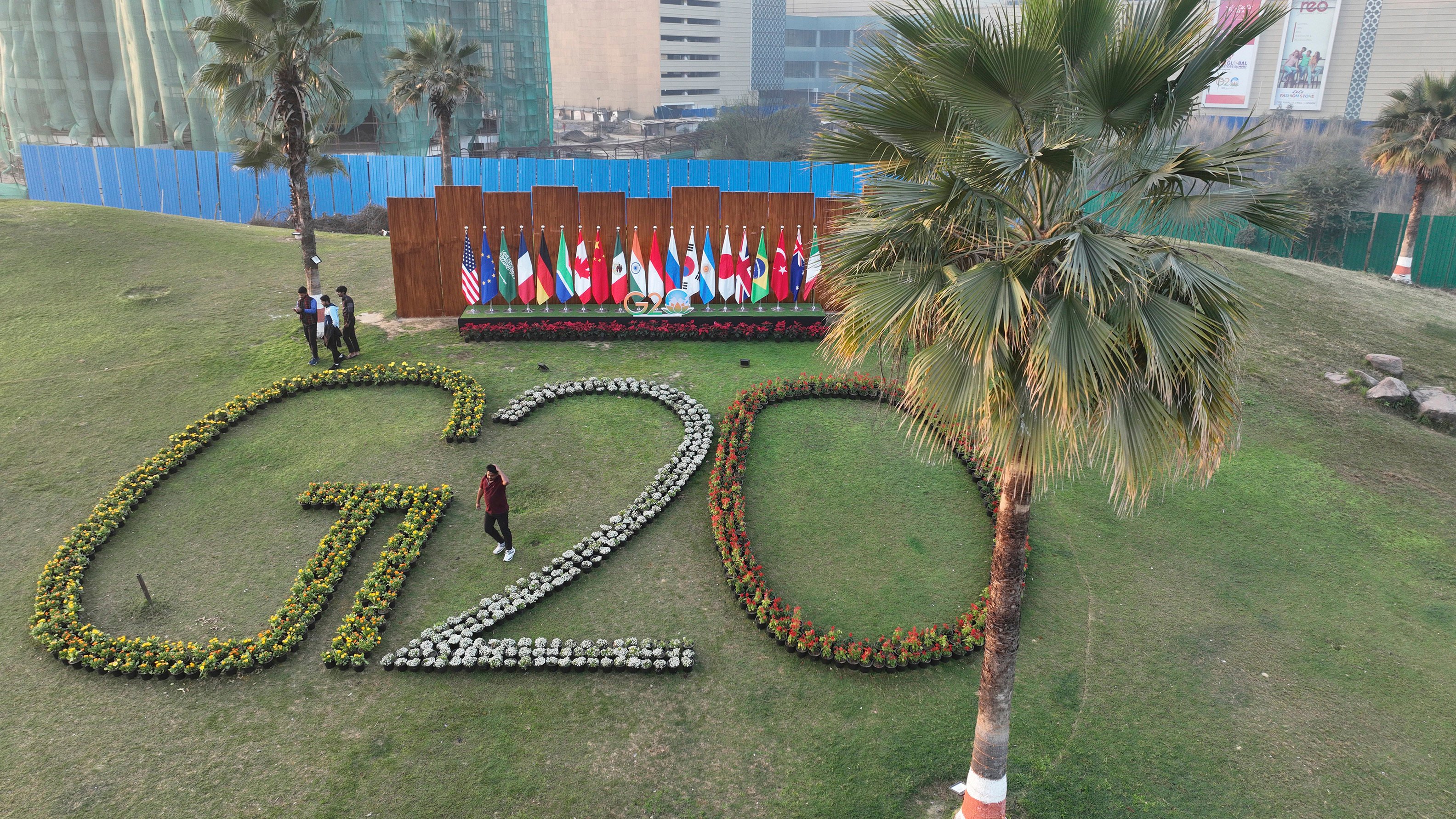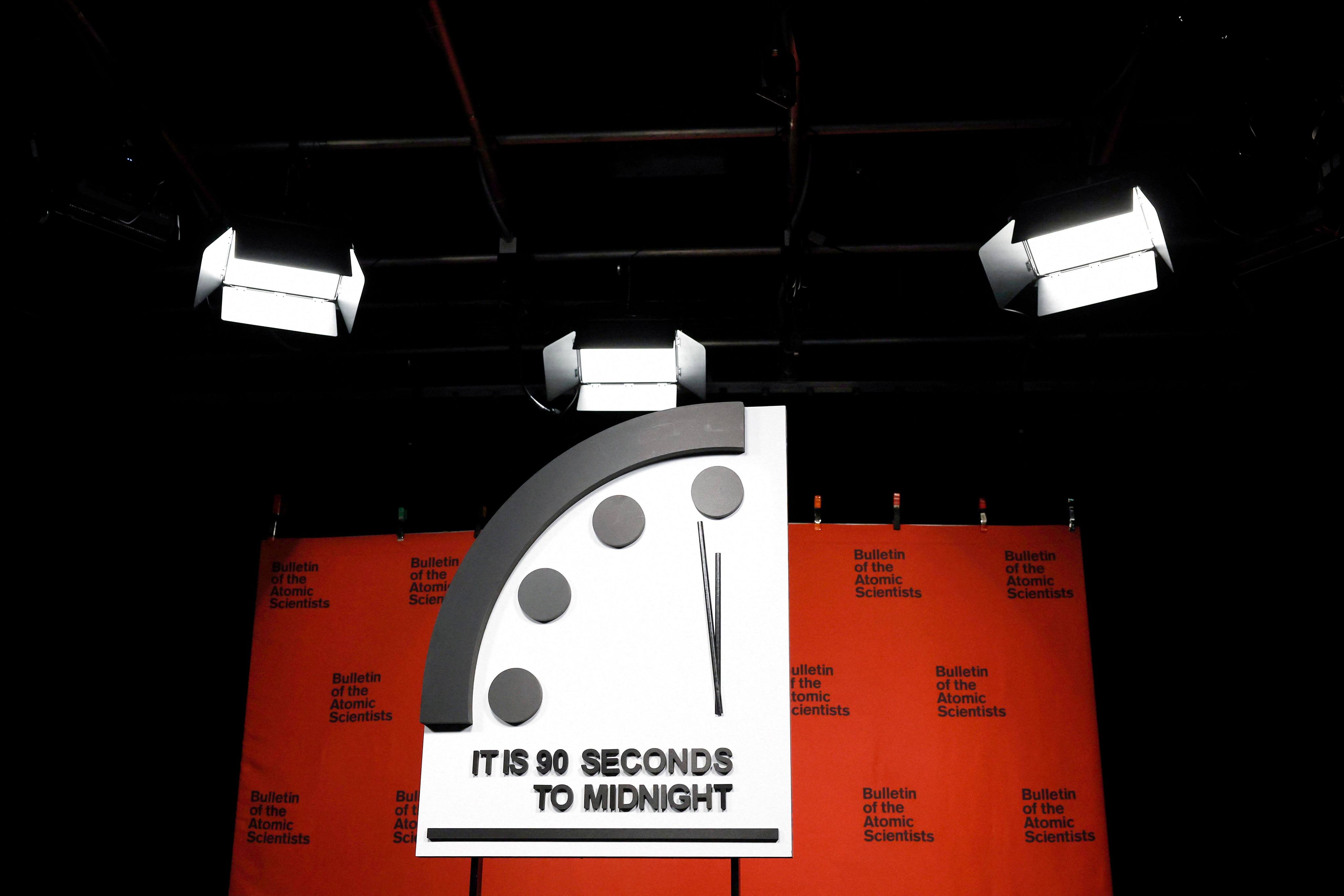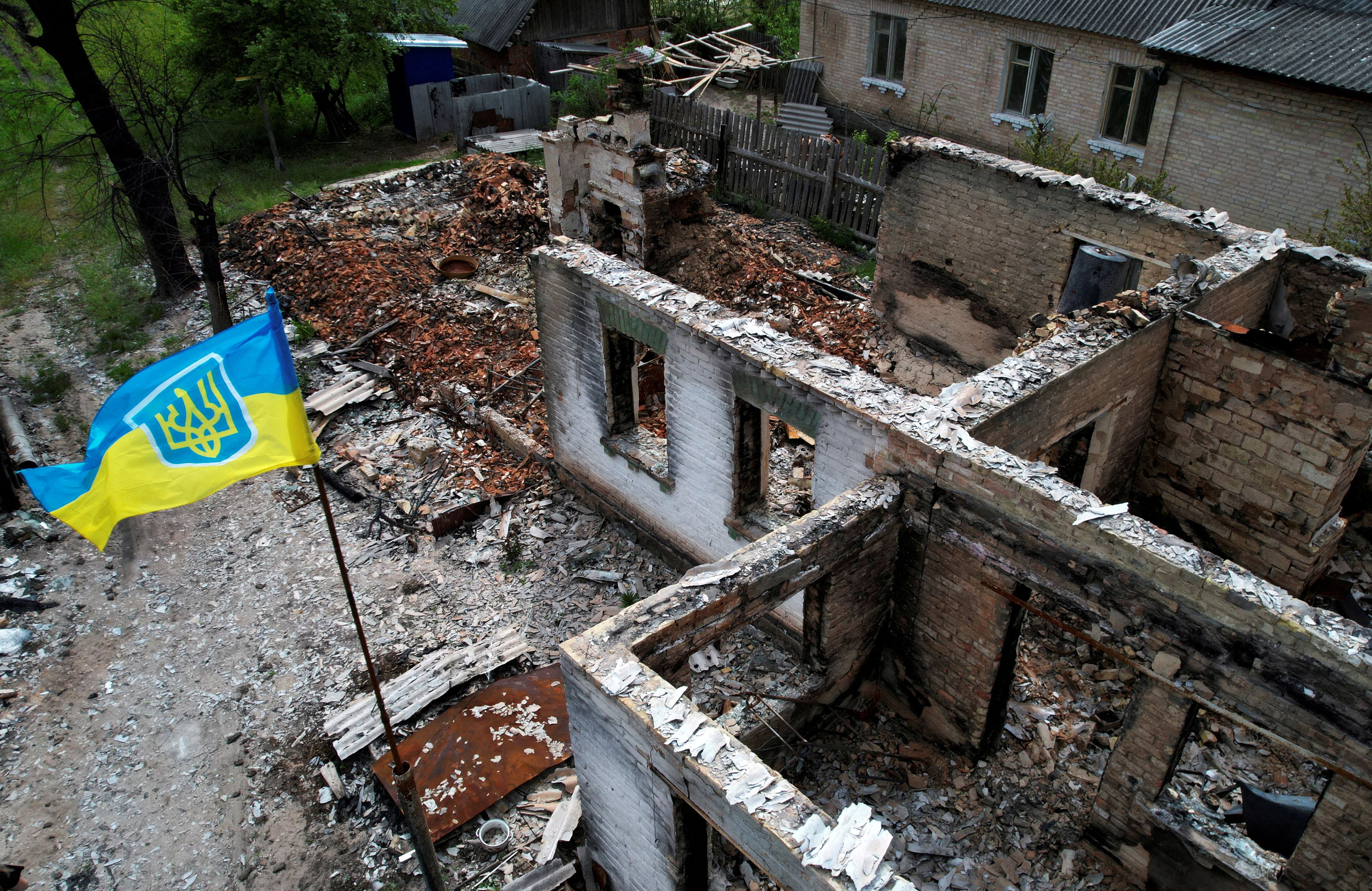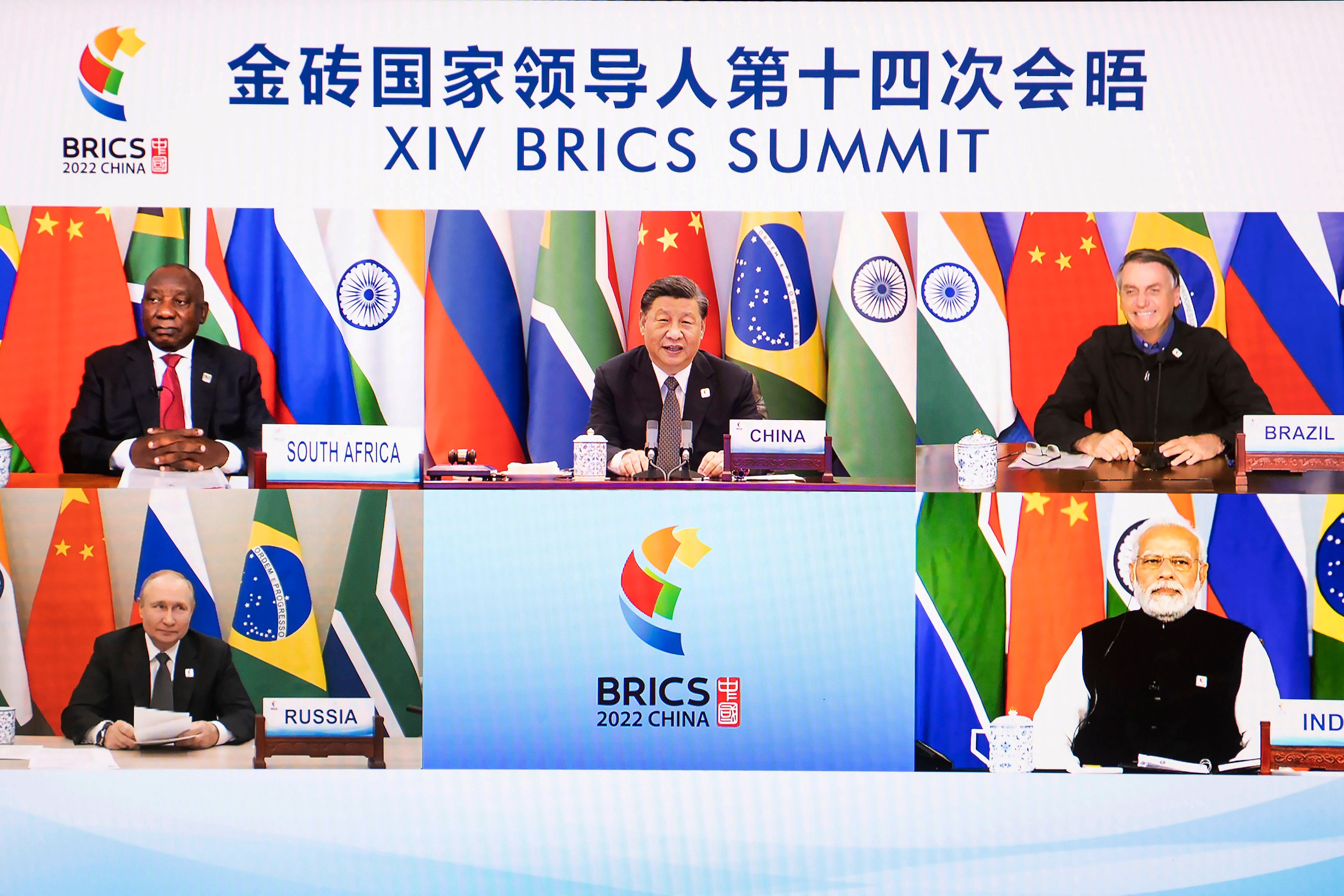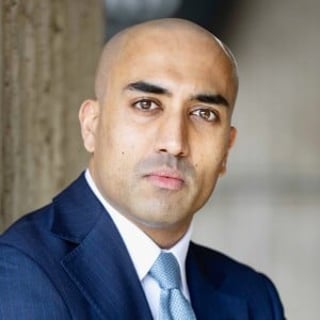
Iran’s launch of more than 300 drones and missiles towards Israel has major implications for geopolitics beyond the Middle East. The escalation highlights regional divides, changing attitudes towards the US and a shifting focus away from other conflicts.
With the pandemic waning and global conflicts reshaping geopolitics, some nations are reassessing their relationship with China. This rethink could threaten China’s global influence and further divide the world into opposing camps like in the Cold War.
Geopolitics has reached an inflection point that will define the coming decades and push the world in an unfamiliar direction. We need a new generation of bold political leaders with transformative ideas to lead us out of the crisis and chaos.
For a start, the new president wants Argentina out of trade blocs such as Brics and Mercosur, and to cut ties with socialist or communist states including China.
The biggest challenge now facing the grouping is not whether it can reform global governance or introduce a common currency, but whether it can remain united and focused without the politics of future members steering it off course.
Increasingly, nations no longer bet on the West to solve their problems, looking instead to Brics – Brazil, Russia, India, China and South Africa. Will the bloc seize the opportunity or squander it?
From Canada to Italy, Switzerland to Lithuania, countries are standing up to China or de-risking, some making moves they would never try with the US. If the world does not take China seriously, the risk is that Beijing could act radically.
In the face of global crises, the G20 has been paralysed by rivalries and distracted by domestic challenges. Can India, whose reputation is at stake, lead it back into action?
From Seoul to Warsaw, Belarus and beyond, more nations are looking to acquire or host nuclear arms from the US, Russia and possibly Iran down the road. The non-proliferation movement is reversing – and our world is in peril.
The world is moving in a risky direction as geopolitical hotspots are destabilising, raising the risks of more hot wars breaking out. A distracted US, growing economic pressure and increasing tendency for nations to ditch diplomacy in favour of war make for a dangerous new status quo.
As Europe faces economic and social uncertainty, it’s clear that leaders made several false assumptions. They believed the world would unite against Russia, that they could easily cut economic ties with Moscow, and that their people would bear the outcome no matter what.
China’s future appears up in the air for the first time in decades, in part because of global challenges arising from its own success. Sustaining China’s rise means addressing other countries’ scrutiny of ties with China, maintaining global access and adapting to a new form of globalisation.
Adding new members to BRICS would fragment the world on a scale not seen since the Cold War and amplify the new era of ‘vertical globalisation’. The US would not be at the centre of geopolitics for the first time since World War II, and even France may switch sides.
